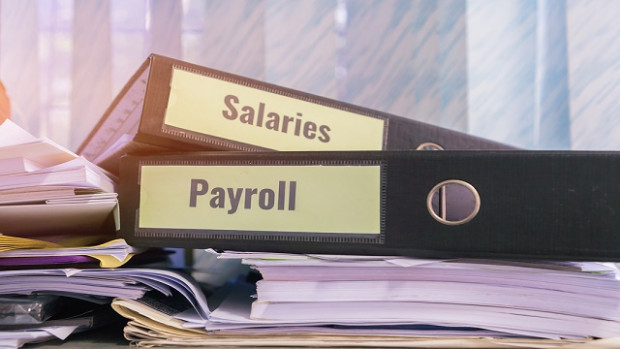

Unions are pushing for a wage subsidy like that introduced in the UK to support Australian workers during the coronavirus crisis, rather than letting people rely on government benefits.
Thousands have already lost their jobs as businesses shut down, either voluntarily or forced, to counter the spread of COVID-19.
“The last 48 hours have been an absolutely shocking time for working Australians,” ACTU secretary Sally McManus told ABC radio on Wednesday.
Out of work people are queuing outside Centrelink offices for a third day in a row as the federal government’s welfare services online portal struggles to keep up with demand.
“There would be no lines outside Centrelink if we had a wage subsidy like the UK,” McManus said.
She said employers and employees would have certainty that 80 per cent of wages would be covered.
Under the government’s plan to temporarily double the Jobseeker allowance – previously known as Newstart – people will have to wait five weeks to get that extra benefit.
“People can’t wait five weeks for that extra money, that is something that needs to be addressed urgently,” McManus said.
With Australians being urged to stay close to home and tens of thousands already losing their jobs, the Australian Retailers Association and SDA, the union representing floor staff, have written to Prime Minister Scott Morrison pleading for help.
“The COVID-19 crisis currently gripping Australia has created the most challenging trading conditions ever faced by retailers in our country’s history,” ARA chief executive Russell Zimmerman and SDA national secretary Gerard Dwyer wrote.
“Employers and employees alike are now staring down the barrel of mass unemployment and face the terrifying prospect of being unable to pay mortgages, rent and put food on the table for their kids.”
Dwyer said discretionary spending had fallen off a cliff.
They want a retail sector-specific rescue package, including wage subsidies, underwriting of loans and a government guarantee of rent payments or for the government to work with landlords to reduce rents.
Some 1.3 million Australians work in the sector, many of them younger people, women and seniors.
Australia Institute chief economist Richard Denniss said the government should do more to expand public service spending and projects.
That, in turn, would create “enormous demand” in the private sector.
“What is unavoidable is that a million people are going to lose their jobs but what is entirely within our control is what those million people do for the next year,” Denniss told ABC radio.
During the Great Depression, when the private sector wasn’t employing people, workers were put to work building things that would last and provide public benefits.
“The pubic sector is the only institution with a balance sheet big enough to create demand for people to do things,” he said.

